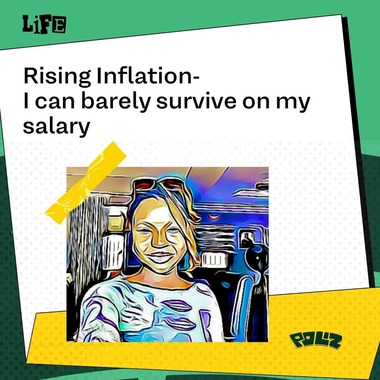How to Be an Active Citizen: Get Involved, Stay Informed!
Have you ever heard the term “Active Citizen?” It might sound like a catchphrase, but it’s much more than that. You might have seen it in discussions from our virtual workshop, “How to be an Active Citizen,” or even at the Active Citizens Festival hosted by Tracka. But what does it really mean?
Being an active citizen isn’t just about knowing your rights or voting—it’s also about staying informed, making your voice heard, and taking actions that can shape your country. In a place like Nigeria, the system can feel frustrating, and becoming an active citizen can seem hard. But it’s necessary.
We took some key pointers from our workshop led by Vahyala Kwaga of BudgIT, and put together this guide to help you on your journey to becoming an active citizen. Let’s go!
1. Stay Informed
To be an active citizen, you must be informed. You can’t expect to make a difference if you don’t know what’s happening around you. This means keeping up with the news, government policies, and political events that affect your life. In Nigeria, where misinformation is widespread, staying informed is crucial. Make sure you’re following credible news sources, reading articles, watching news videos, and joining discussions.

Information is power, and the more you know, the better decisions you can make. This also helps you avoid falling for propaganda and misinformation. Staying informed is the first step to becoming an active citizen.
*psttt, check out the recording of our workshop on “How to Spot and Fight Fake News” led by Daniel Ojukwu of the Foundation of Investigative Journalism.
2. Exercise Your Right to Vote
Voting is one of the most powerful ways to influence governance, but it’s not enough to just own a voter’s card—you have to use it.
Nigeria has seen low voter turnout in many elections (26.72% voter turnout in the last Presidential election) because people are discouraged and feel their votes don’t matter. But the truth is, your votes matter. If they didn’t, politicians wouldn’t try to buy them.

Before any election, make it a habit to research the candidates. Don’t just vote based on party loyalty or popularity—look at their track record and plans for the future. Encourage others to do the same, and if possible, get involved in voter education campaigns to help increase voter turnout.
3. Hold Your Government Accountable
Being an active citizen goes beyond voting—it’s about making sure those in power are actually serving the people. One way to do this is by holding the government accountable for its actions, particularly when it comes to public spending and development projects.
Thanks to Civic-Tech tools like Me.budgit, Tracka, Govspend, and Open States, keeping tabs on government projects and spendings has become a lot easier.
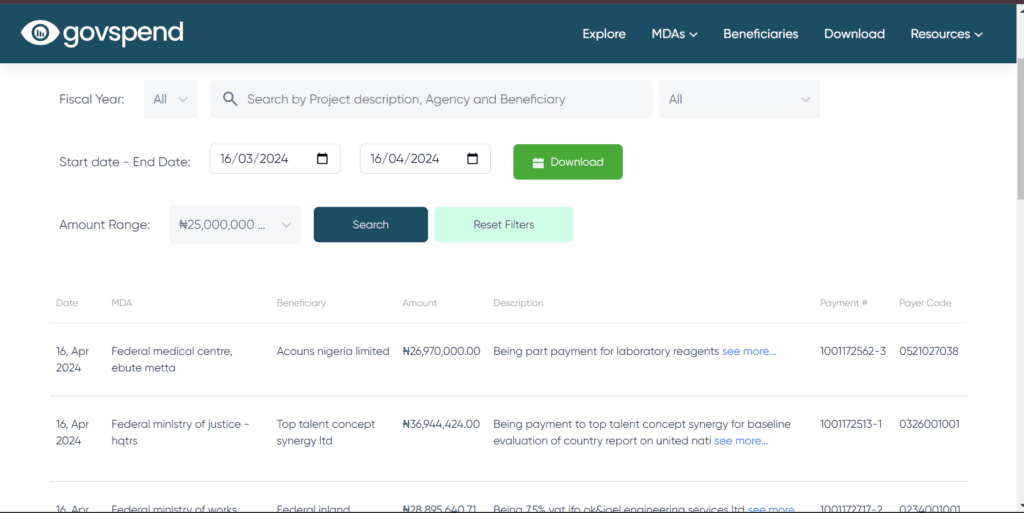
These platforms allow you to track how government funds are spent, monitor community projects, and demand transparency. By using these tools, you can ensure that the funds meant for your community are well-spent and that projects promised by the government are completed.
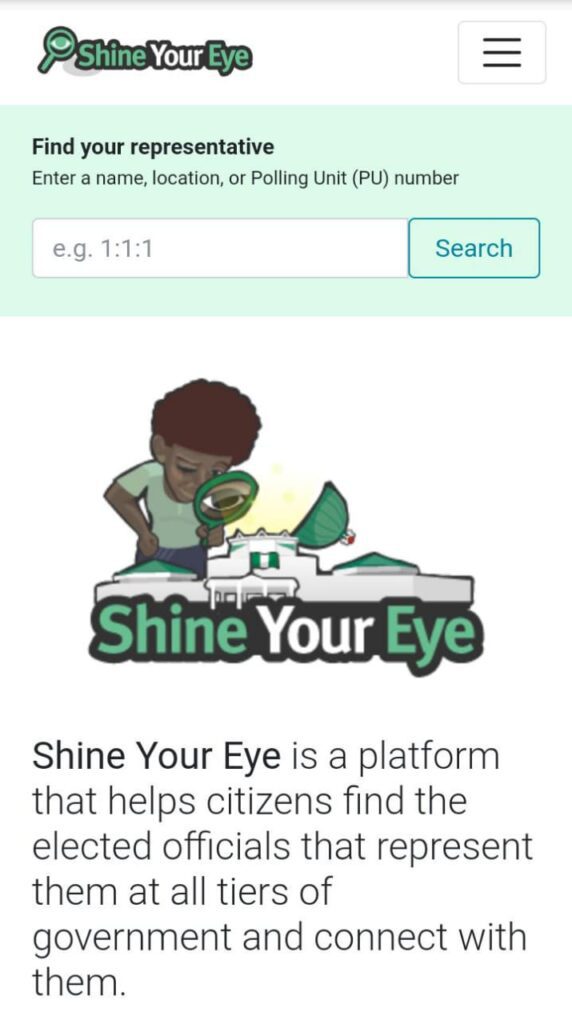
Additionally, websites like Shine Your Eye help you connect directly with your elected representatives, making it easier for you to voice your concerns and hold them accountable.
4. Get Involved in Your Community
Being an active citizen doesn’t just mean being involved in politics. It also means getting engaged with your community. Find out what issues people around you are facing and think about how you can help. Is there a youth organisation, community group, or NGO you can join or support?
A good example is Lagos Food Bank which is committed to fighting hunger, reducing food waste and solving the problem of malnutrition.
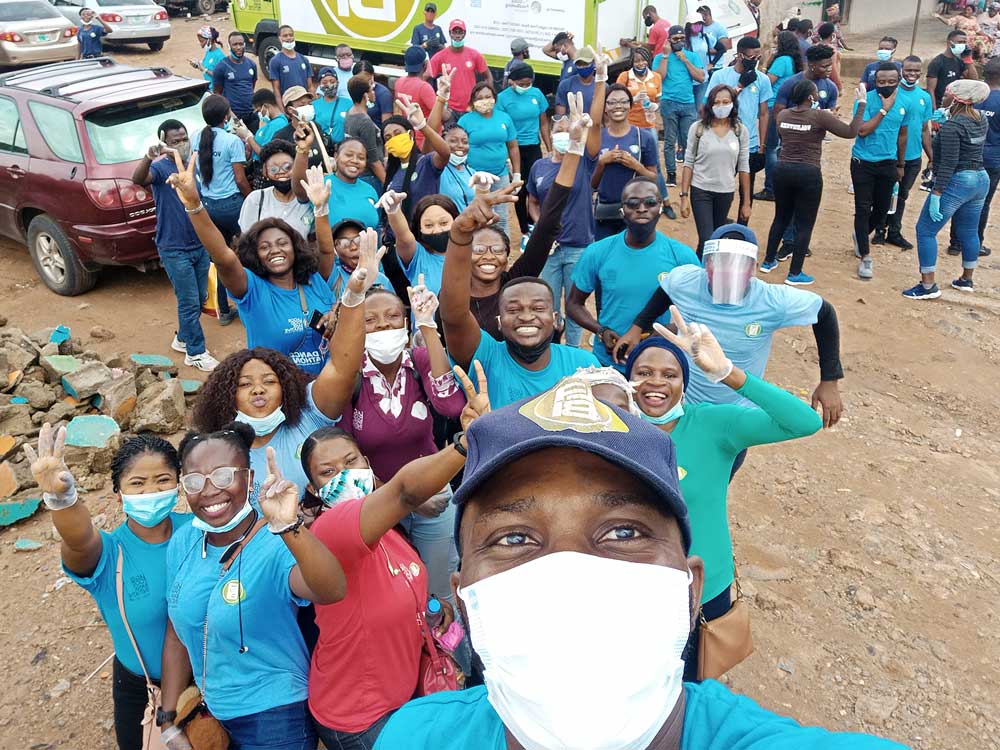
5. Active Citizens speak up
If you see something, say something.
Don’t just keep your opinions to yourself—share them with others. Social media has made it easier to raise awareness about important issues and share information. Use platforms like Twitter, Instagram, and Facebook to talk about political issues, share updates, and mobilise others around causes that matter.
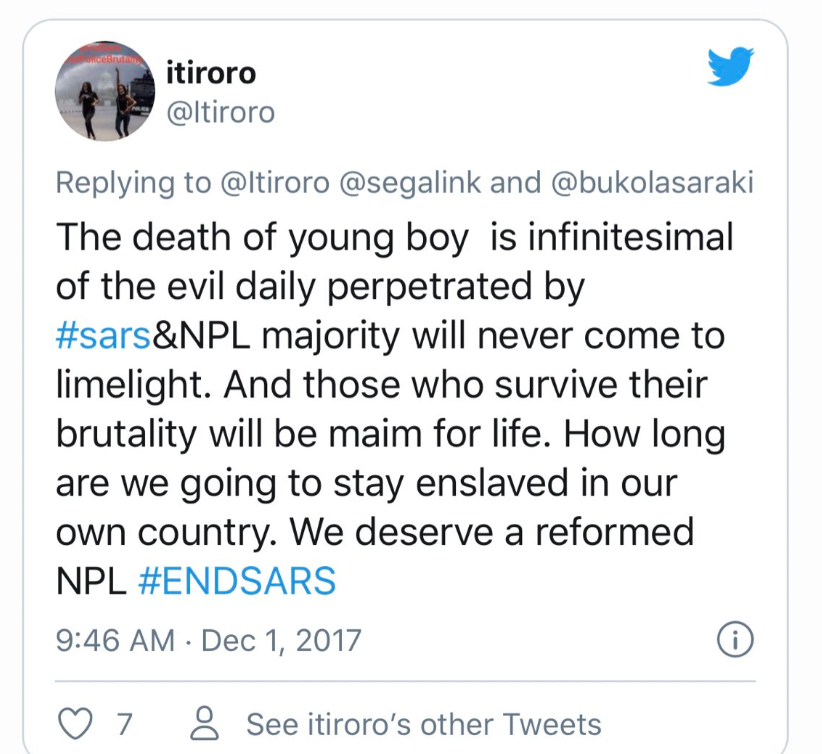
Sometimes, it’s these small conversations that start bigger changes. When you talk to others, you hear different viewpoints, which helps build a stronger understanding of the issues we face as a society.
6. Join or Support Civil Society Organizations (CSOs)
Civil Society Organizations (CSOs) play a key role in promoting good governance and holding public officials accountable. By joining, supporting, or volunteering with a CSO, you can be part of larger campaigns that aim to improve the lives of Nigerians. CSOs often have the resources, networks, and expertise to push for change and challenge those in power. Your individual effort can contribute to their collective action.
One way to get hands-on is by joining Tracka Champions—a community of #ActiveCitizens working to drive change in their local areas by monitoring government projects and pushing for accountability.
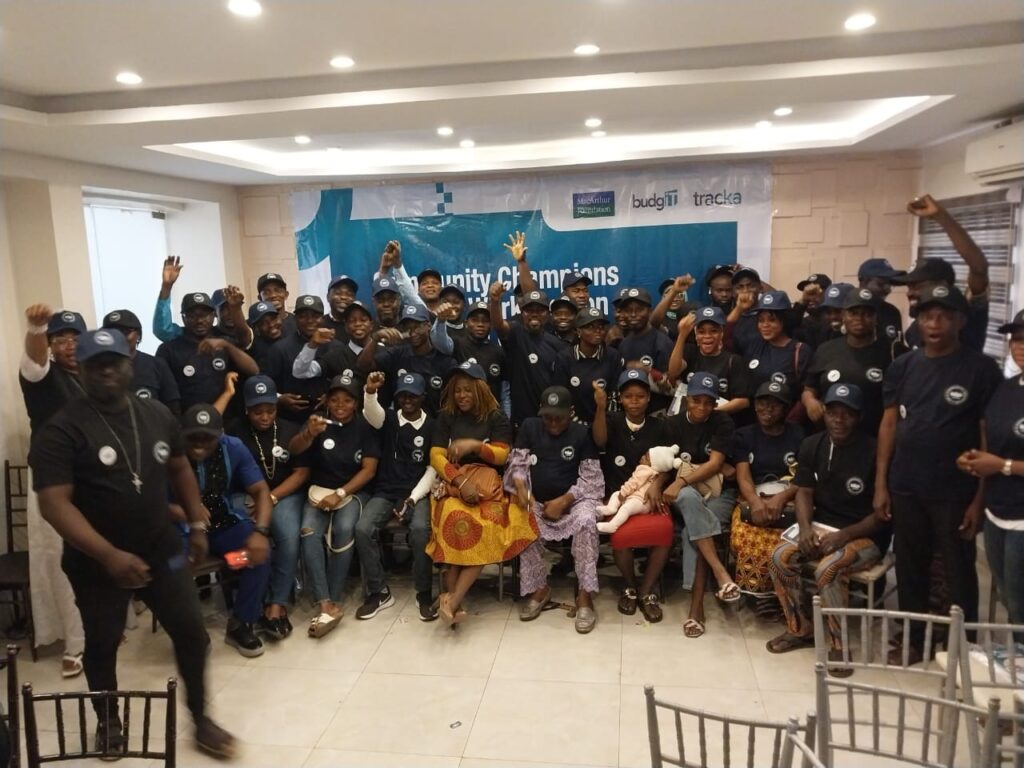
You can also get involved by volunteering with us at PoliZ, where you’ll help inspire and encourage young people to actively engage in governance and make their voices heard.

7. Participate in Peaceful Protests and Advocacy Campaigns
Protesting is another way to be an active citizen. Peaceful protests have been used around the world to demand change, and in Nigeria, they’ve proven effective in raising awareness about critical issues. The #EndSARS movement is an example of how peaceful protests can push for change. Even though it started with police brutality, it became a rallying cry for better governance and accountability.

If protests aren’t your thing, you can still engage in advocacy campaigns by signing petitions, making Freedom of Information (FOI) requests, and participating in social justice campaigns.
8. Stay Motivated and Build a Support Network
It’s easy to get discouraged when things aren’t improving as quickly as we want. Corruption, inefficiency, and other systemic issues can make it feel like individual efforts don’t matter. But it’s important to stay motivated. Focus on the small wins and celebrate them.
Surround yourself with people who share your passion for change. Build a support network of like-minded individuals who will encourage and push you when things get tough.
That’s it!
In summary, being an active citizen in Nigeria requires effort, patience, and dedication. It means staying informed, speaking up, getting involved in your community, voting, supporting CSOs, participating in protests and advocacy, and pushing for change.
If you like what you’ve just read, don’t stop here! Follow us on Twitter and Instagram to stay updated every time we share new content.
Want to take it a step further? Join our WhatsApp community and be part of the conversation in real time! Let’s keep the momentum going together.
If you loved this blog post, you should read this PoliZ: On a Mission to Make Policy Simple, Accessible, and Fun.




